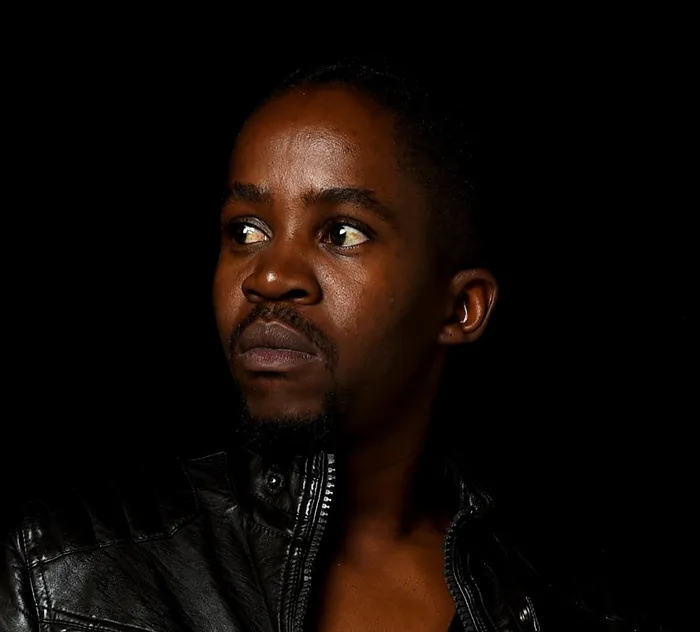
Rabbie Serumula, author, award-winning poet, journalist.
Image: File Picture
The Constitutional Court’s recent ruling that men in South Africa may take their wives’ surnames has been hailed as a victory for gender equality. At first glance, it is. For too long, marriage has been structured around the assumption that women must surrender their names, fold into their husband’s lineage, and carry the administrative burden of a new identity. To permit men the same choice feels like a small strike against patriarchy.
But the question lingers: is this truly a radical break, or are we simply mimicking European norms while ignoring the deep wells of African tradition?
Long before colonial courts arrived on this soil, many African societies recognised women as lineage-bearers and the very centres of authority. The Balobedu of Limpopo still look to Modjadji, the Rain Queen, whose throne passes from mother to daughter. She is not a wife defined by her husband’s surname but a sovereign whose power and name are inherited through her female line. Among the Akan of Ghana, children belong to the mother’s clan, and inheritance flows accordingly. In Tuareg communities across the Sahara, women have long held property rights and passed identity through their line.
These examples remind us that the idea of women as the heads of the household is neither foreign nor modern. It is woven into African memory. Yet the Constitutional Court’s ruling frames equality within a European template of surname swapping, rather than affirming our own traditions where women’s names and authority were never secondary.
The ruling should not be dismissed. Symbolically, it unsettles the stubborn belief that women must always give up something at the altar. It opens the door for men to step into their wives’ lineage. But symbolism alone is not transformation. The reality is that very few men will take this path. And the deeper structures; children still overwhelmingly inheriting their father’s surname, inheritance practices that continue to favour men, social expectations that a woman’s name is expendable, remain untouched.
Equality by paperwork is easy. Equality by practice is harder. What the court has offered is choice, but not structural change. The gesture is progressive, but shallow.
Contrast this with Modjadji again: her power is not an option granted by a bureaucrat. It is structural, cultural, and spiritual. The line continues through her daughters, unbroken. That is not mimicry of European norms. That is African.
If the state is serious about dismantling patriarchy, it must go further than allowing husbands to adopt their wives’ names. It must ask harder questions: why are mothers’ names not the default for children? Why is inheritance still skewed despite the promise of equality? Why do we measure liberation by how much we resemble Europe instead of how much we honour Africa?
This ruling matters on paper, but in the streets, in the villages, and in the townships, where the majority still view such a move as unthinkable, the new law will remain more of an uneasy option than a cultural revolution.